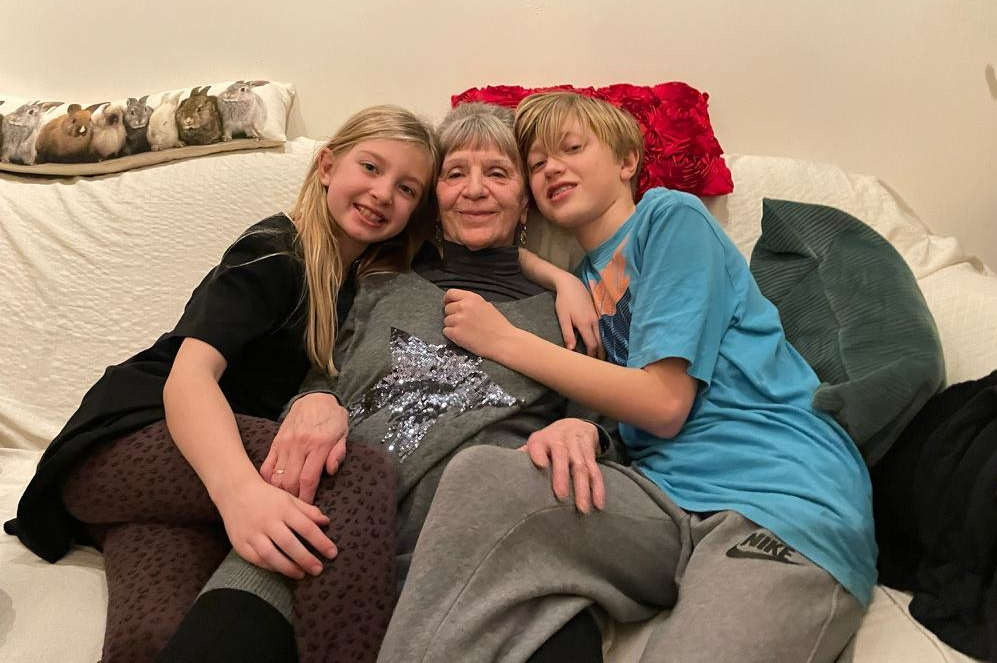Three Ways That Help to Create a Peaceful Relationship

Podcast: Download
Subscribe: Apple Podcasts | RSS
PHIL: We say that the essence of a successful relationship is having similar core values; recognizing that everyone is a unique individual, and joyfully accepting those differences; and a non-confrontational approach to handling differences.
There are a number of other attitudes that cluster around this core, and perhaps in the end, amount to the same thing.
A Positive Attitude
What you look at is what you see. If you watch the nightly news of car crashes, hi-jackings and shootings, you will come to see the world as a dangerous place.
Then there is your attitude toward life. Michael Apted made the film “Seven Up!” by interviewing 14 British 7-year-olds from different socio-economic backgrounds, then filmed them again every seven years up until they were 63. One of the most powerful scenes for me is in the second movie where three working-class London girls are asked about their ambitions and one replies that she wants to work at Woolworth’s. If you limit what you think is possible, you limit the possibilities.
How you look at your partner (or anyone, really) operates the same way. If you look at the differences negatively, as not being the way things should be done, it leads to resentment, dissatisfaction, and conflict. By looking at differences positively and appreciating that they provide education, variety and enjoyment, you invite positive emotions rather than negative ones.
Differences or Similarities
An alternative to looking at differences is to look at what you have in common. You’ve probably had the experience of meeting someone and finding out they’re from your home town or school or regiment and feeling a frisson of connection with them.
Empathy arises because people are like you in some way, and it applies very widely. You feel for a dog trapped in a snare, but not for the rock under pressure in a wall. An extreme example, for sure, but it illustrates the nature of our connections with each other.
To repeat, your world consists of what you look at, and looking at similarities enhances your feeling of being connected to other people (and you’ve probably read about how good that is for your health and longevity.)
Judging
Of course we judge people all the time; that’s how the norms of society work. Is that person singing joyously in the street or causing a public disturbance? Is deliberate lying a first amendment right or an attack on the shared beliefs that hold a culture together? But within the context of personal relationships, it’s rarely your role to judge their actions and be critical or try to correct them. Setting aside those judgments is part of accepting those differences.
Taking a positive attitude, looking for similarities and not judging differences, is how you create a peaceful relationship.
Photo credit: Unkown
Photo note: Suzanne and grandchildren
Read some of our favorite blogs on how we are together.
Get our free weekly newsletter about how to have a harmonious relationship.
Finding unity and connectedness with each individual as well as the world at large gives us a sense of well being. The same thing is true for the opposite. Clearly a good day is one where everywhere I look I find those connections…and a really bad day is one where nothing resonates within my core and it all seems as if I’m unhinged and disconnected. The power that drives us together and applauds our differences is an opportunity to learn to see through each others’ eyes and is the great gift that can help us expand when we feel alone and stuck. I love putting words to the feelings we all share. YES~~~ Thank you~
I am becoming more and more aware of the ways we are all connected. It’s an interesting and humbling shift in viewpoint.